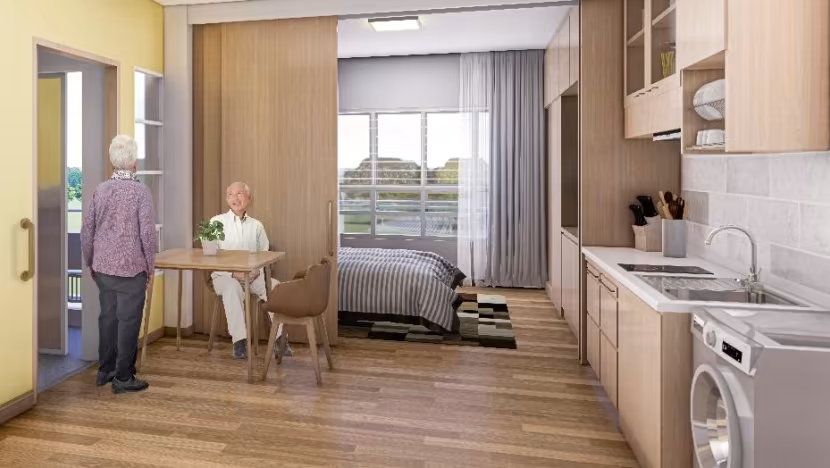With the aging population on the rise, more seniors and their families are focusing on housing options tailored to the needs of older adults. Customized senior housing is designed specifically to meet the unique requirements of seniors, aiming to enhance their quality of life and safety.

Key features of customized senior housing include barrier-free design, adaptable spaces, and convenient amenities. Barrier-free design ensures that the interior of the home is free from obstacles such as stairs and high thresholds, making it easier for seniors with mobility issues to navigate. Adaptable spaces allow for adjustments to the home's layout based on individual needs, ensuring that seniors feel comfortable in their living environments.
Additionally, many customized senior housing options come equipped with modern amenities such as slip-resistant flooring, spacious bathrooms, and easy-to-use kitchen appliances. These features can reduce the risk of accidents and enhance seniors' independence and confidence.
The community environment is also crucial. Customized senior housing is often located in convenient neighborhoods that facilitate connections with family and friends, while also providing social activities and services to help seniors integrate into community life. Many residential areas offer medical services and emergency response systems to ensure the safety and health of seniors.
When choosing customized senior housing, families need to consider the individual needs, budget, and location of the elderly person. Understanding the different types of housing options—such as independent living, co-housing, or assisted living communities—and the services they offer can help families make informed decisions.
By exploring the options for customized senior housing, seniors and their families can find a living environment that better meets their various needs, improving their quality of life and enjoying a more fulfilling later life.





